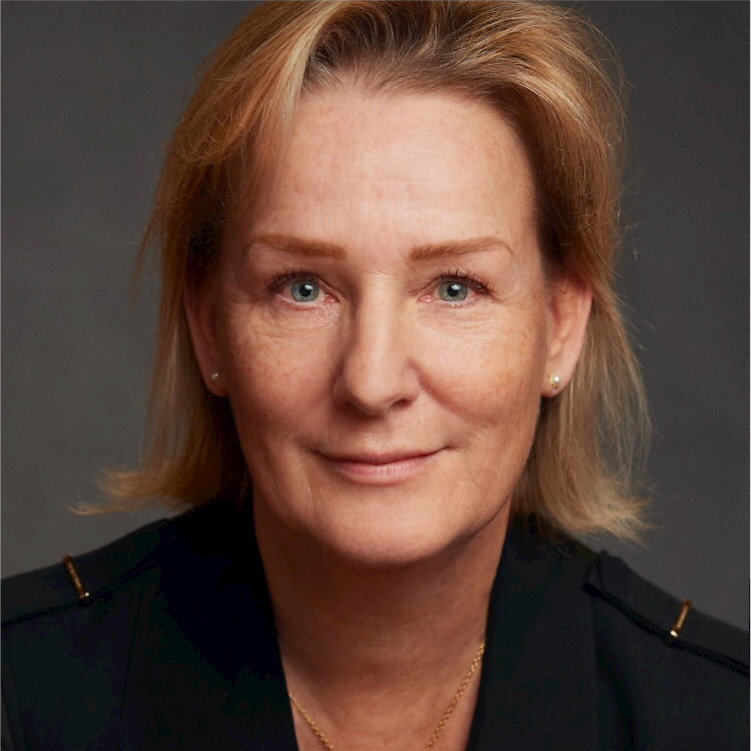From Pathology to Power in the Lives of Neurominorities
by Charlotte Valeur, Founder of ION, the Institute of Neurodiversity.
At the Institute of Neurodiversity (ION), we know that neurominority people are everywhere—in every culture, on every continent, in every walk of life. We speak in different ways, process the world through unique lenses, and bring talents and perspectives that challenge the status quo.
We also know that many of us have spent our lives misunderstood, mislabeled, or entirely overlooked—not because we lacked intelligence or potential, but because the world was reading from the wrong script.
And too often, the press, public discourse, and even scientific research help write that damaging script.
The Unseen Intelligence of Differently Wired Brains
Let’s start here: neurominorities are not broken. We are not missing pieces. Our brains are designed differently, not deficiently. From the problem-solving creativity of an autistic coder to the hyperfocus of an ADHDer building a passion project, or the emotional intuition of someone with Tourette’s or dyslexia—we think, feel, and learn in powerful ways.
Across the globe, our experiences are shaped not just by our neurology, but by the cultural lenses through which neurodiversity is viewed. In some cultures, we’re seen as eccentric. In others, we’re misdiagnosed—or never identified at all. And too often, the narrative is still one of tragedy, deficit, or blame.
When the Headlines Hurt
The damage caused by certain media stories and outdated research cannot be overstated.
Articles linking neurodevelopmental differences to pregnancy complications, maternal health, or even the emotional warmth of a mother in infancy still appear in today’s media cycle. These narratives don’t just perpetuate stigma—they hurt real families, reinforce sexist assumptions, and continue to cast minority neurotypes as a pathology to be prevented rather than a human variation to be understood.
It is especially painful when parents of neurominority children are made to feel they are at fault. We’ve heard from countless families who say they were pressured to believe their child’s difference was a result of their parenting, rather than recognising the unique neurocognitive identity of their child.
It’s time to flip the script.
What the Press Should Be Championing
The media has the power to shift culture. It should be:
- Highlighting the strengths and contributions of neurominorities
- Challenging the assumption that “normal” is better or maybe even challenge that “normal” exists
- Uplifting voices from across the minority neurotypes spectrum—not just the most palatable or stereotyped
- Reporting on equity, innovation, resilience, and rights, not just deficits and diagnostics
At ION, we believe the press can—and must—lead in shaping a new narrative: one rooted in dignity, truth, and potential.
The Stories You Won’t Hear in the Headlines (But Should)
We meet people every day whose stories defy the doom-filled headlines:
- A parent recently shared how their dyslectic and dyspraxic daughter, once told by her school she would never amount to anything, began to flourish after learning about her neurotypes. By 15, she was thriving, scoring high marks, and aiming for university—not in spite of her identity, but because of her understanding of it and of herself.
- Another young person, diagnosed with ADHD and dyslexia, spent years being told by teachers that he was unteachable. Yet with incredible self-belief, self growth and resilience, he carved his own path and now lives a full, independent life doing what he loves. He learned more outside the system than it ever offered him.
- Then there’s the late-diagnosed adult who spent decades feeling “off” and misunderstood—until diagnosis brought clarity, language, and pride. With that understanding came transformation: a new career, meaningful relationships, and the confidence to stand fully in their truth.
These are not exceptions. They are proof of what is possible when neurominorities are seen, heard, and empowered.
Unapologetically Neurospicy
We’re not here to be “fixed” or to fit into outdated systems. We’re here to reimagine what inclusion means, to face our fears and rewrite our own futures. It starts with knowing who we are, embracing the power in our identity, and refusing to be boxed in by outdated beliefs.
At ION, we’re building platforms for this new narrative:
- Global youth councils
- Paid gigs for neurominorities
- Training and campaigns shaped by lived experience
- Community spaces where we speak freely, think differently, and grow together
We invite every neurominority to live unapologetically neurospicy—bold, curious, self-aware, and proud.
To the Press, Researchers, and Storytellers:
Stop asking what’s wrong with our brains. Start asking what’s wrong with the systems that failed to see us. Use your platforms to amplify truth, not trauma. Because we’re not here to be pitied—we’re here to thrive.

By Charlotte Valeur, Founder of ION, the Institute of Neurodiversity.

